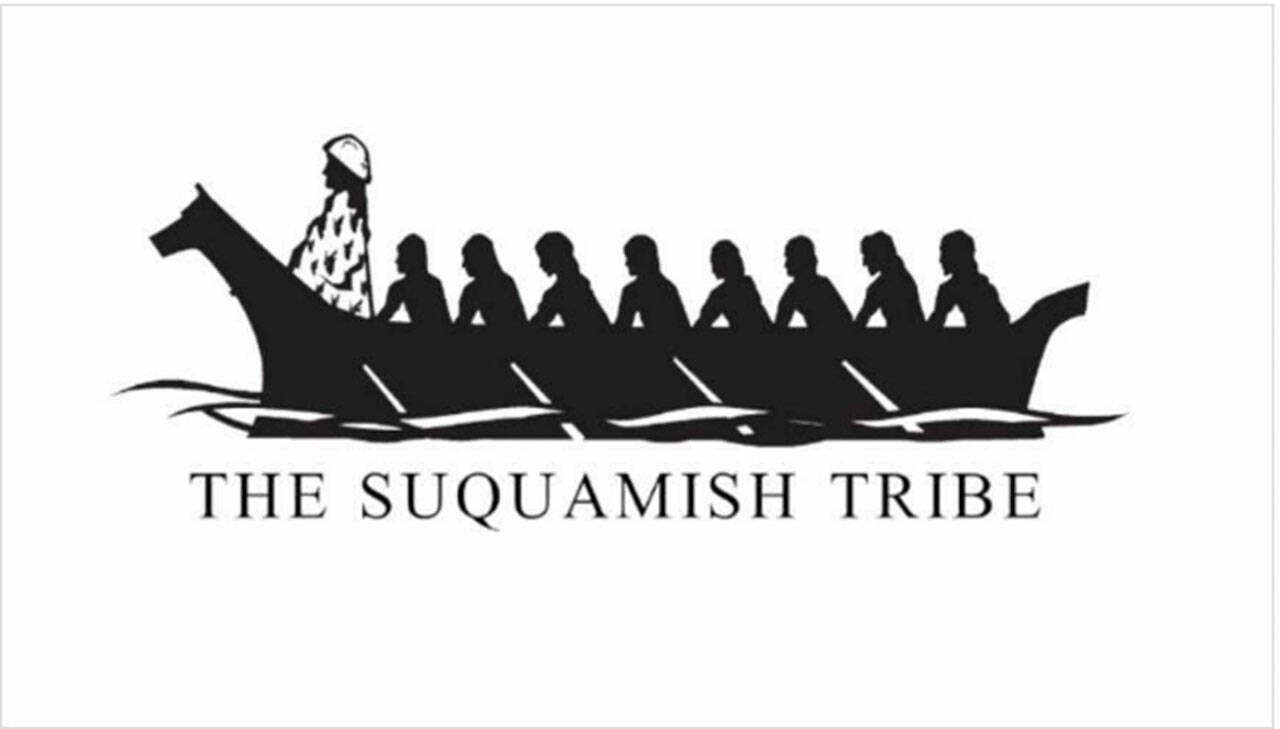Tribal leaders from around the United States, including Suquamish chairman Leonard Forsman, joined top leaders from the Biden/Harris administration last week to discuss issues affecting tribal nations and nation-to-nation collaboration.
Among the leaders to address the summit was Forsman, who spoke on the urgency of responding to the climate crisis, a news release says.
“We are in a crisis situation with our salmon runs and the rivers and streams that support them due to warming waters and increasing development pressures as this area grows,” Forsman said. “Our spiritual cousins, the southern resident killer whales, are also under threat.
“The Biden Administration should encourage federal agencies to be proactive,” he added. “Federal agencies can help the tribes encourage the private sector and local governments and state agencies to protect marine waters and rivers, and the sacred right to continue to harvest.”
Forsman, president of the Affiliated Tribes of Northwest Indians, applauded the funding for fish barrier removal contained in a bill signed by Biden and urged action on a plan to remove the Snake River dams that are blocking chinook salmon habitat.
The treaties signed by the Suquamish Tribe’s leader, Chief Seattle, and other regional tribes require the United States to protect the ecosystems that support salmon, shellfish and other treaty resources, Forsman pointed out.
“To be blunt, we’ve done a lot of this on our own. We’re looking to the United States to help us protect habitat and water quality as we address impacts of new development and construction,” he said. We’re willing to work on this and to take the political heat we sometimes have to take to be standing up and being a warrior to protect our waters and our ecosystems.”
The summit featured addresses by President Joe Biden, Vice President Kamala Harris, Interior Secretary Deb Haaland, and other cabinet officials, who listened to tribal leaders and answered questions about administration priorities.
Among the announcements made at the summit were:A memorandum committing 17 federal agencies to protecting tribal treaty rights and reserved rights as part of their policy process.
A commitment on behalf of the departments of Agriculture and Interior to increase tribal participation in federal lands management.
A commitment to incorporate traditional ecological knowledge into federal government efforts to combat climate change and support environmental sustainability.
Improved law enforcement to combat violence against Indigenous people.
Support for Native languages and for Indigenous food sovereignty.
Creation of a tribal advisory committee at the Department of Interior.
Detailed discussion of the $3 billion investment in Indian Country contained in the American Rescue Plan.



